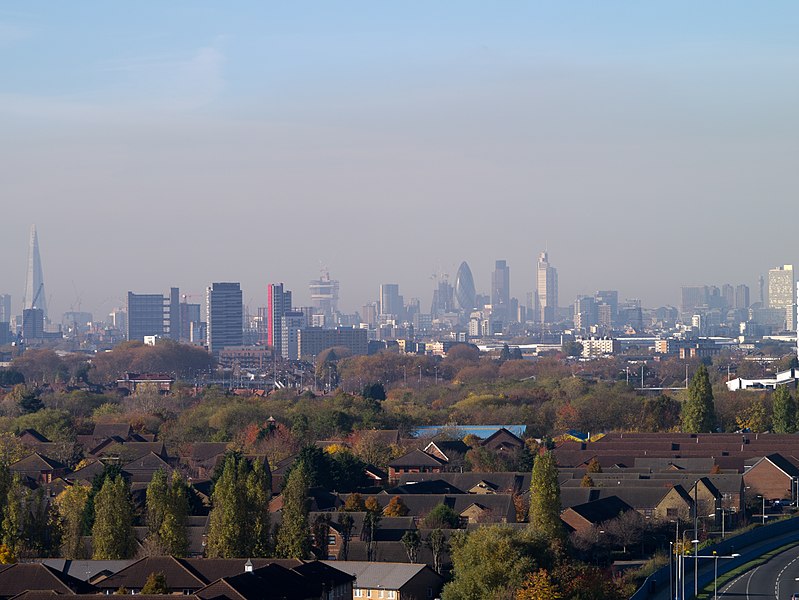
Improving air quality is crucial for saving lives, reducing healthcare costs, and addressing social inequalities. In 40 cities across the UK, air pollution levels meet
or exceed World Health Organisation (WHO) guidelines, presenting a major public health crisis that disproportionately affects low-income and minority communities.
Addressing a Public Health Crisis
Prime Minister Keir Starmer recently emphasized the need to shift the focus from treating illness to preventing it. This is especially important in urban areas, where air pollution poses the greatest risk. At Impact on Urban Health, we believe that by eliminating barriers to good health, we can make cities healthier places to live.
Air pollution is the single largest environmental risk to human health. To build a future-ready NHS, the government must prioritize preventing illness by recognizing the dangers of toxic air. Ruth Fitzharris, a mother of one, shares her concerns: “I worry so much about my son breathing toxic air.He’s had severe asthma since he was one, and his attacks often coincide with pollution spikes. Parents shouldn’t have to worry about this.”
The evidence is clear: every 10 micrograms per cubic meter of increased exposure to fine particulate matter raises the risk of dying from cancer by over 20%. Between 2017 and 2025, air pollution is projected to cost the NHS and social care services up to £5.56 billion, while costing the economy up to 3.9 million lost working days each year. However, cleaning up air quality can extend the lifespan of city dwellers, showing that change is possible.
Impact on Children and Inequality
The government’s aim to create the healthiest generation of children is ambitious, but millions of children attend schools where air pollution exceeds WHO limits. In London alone, over 15,000 children under the age of five were hospitalized with respiratory issues last year. Without urgent action, air pollution will undermine this health mission.
Air pollution and inequality are deeply connected. Those most affected by toxic air are often people who can’t afford to drive or live in areas with high pollution levels. Research shows that children in deprived areas, particularly those from Black, Asian, and minority ethnic backgrounds, are disproportionately exposed to harmful air. Pregnant women are also at risk, with studies suggesting that air pollution can increase the risk of miscarriage and lead to lifelong health problems for unborn children.
Path to Change
Solving air pollution requires a multi-faceted approach. While electric vehicles are a step forward, they alone won’t resolve the issue. Meaningful progress requires collaboration between businesses, local authorities, and the government. A survey of urban councillors revealed that four in five support stronger action on air quality, but many feel underfunded and powerless.
At Impact on Urban Health, we've worked with councils, businesses, and residents in South London to demonstrate that change is possible. For example, construction sites have reduced emissions by over 30%, but government regulation is needed to make this standard practice. Similarly, incentivizing businesses to switch from polluting vans to cargo bikes in urban areas has shown positive results.
With 85% of the UK population living in urban areas, improving air quality is essential for the government to achieve its health goals and close the inequality gap in health outcomes.
What Should the Government Do?
To drive the necessary change, the government must adopt new targets aligned with WHO air quality guidelines, protecting everyone from dangerous pollution. A new Clean Air Act could provide a roadmap to achieving these targets.
Additionally, the government should reduce emissions from freight by creating a “Last Mile Taskforce” that brings together key departments—Net Zero, Business, Transport, and Environment—to work with businesses and implement proven solutions.
Finally, incentivizing businesses to track and reduce their emissions through a tiered business rate system could reward companies that take faster and more effective action to reduce pollution.
By making air quality a central focus, the government can prevent illness, reduce healthcare costs, and address the deep inequalities in health outcomes across the UK. Photo by shirokazan, Wikimedia commons.


































